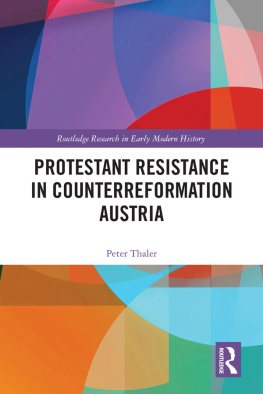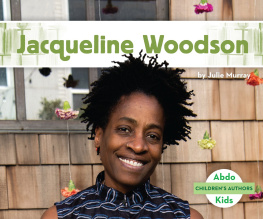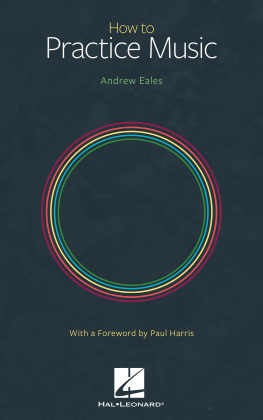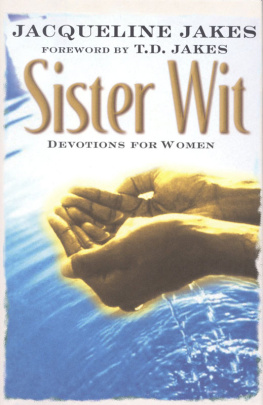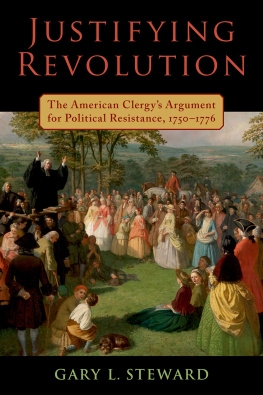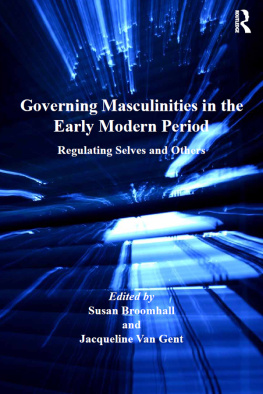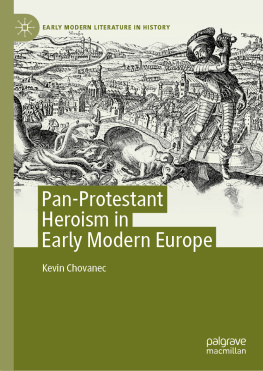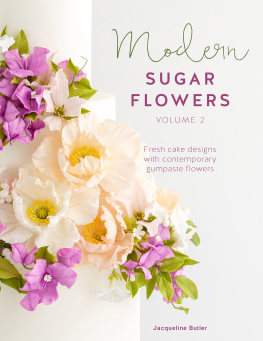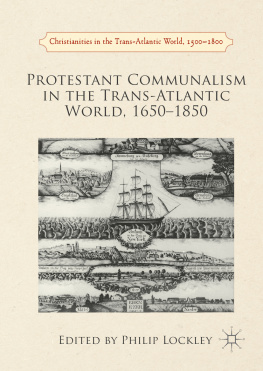
The Social Life of the Early Modern Protestant Clergy
Special Issue of
The Journal of Religious History,
Literature and Culture
2020
Edited by
JACQUELINE EALES and BEVERLY TJERNGREN
https://doi.org/10.16922/jrhlc.6.2
Editors
Professor William Gibson, Oxford Brookes University
Dr John Morgan-Guy, University of Wales Trinity Saint David
Assistant Editor
Dr Thomas W. Smith, University of Leeds
Reviews Editor
Dr Nicky Tsougarakis, Edge Hill University
Editorial Advisory Board
Professor David Bebbington, Stirling University
Professor Stewart J. Brown, University of Edinburgh
Dr James J. Caudle, Yale University
Dr Robert G. Ingram, Ohio University, USA
Professor Geraint Jenkins, Aberystwyth University
Dr David Ceri Jones, Aberystwyth University
Professor J. Gwynfor Jones, Cardiff University
Dr Paul Kerry, Brigham Young University, USA
Dr Frances Knight, University of Nottingham
Dr Robert Pope, Westminster College, Cambridge
Professor Huw Pryce, Bangor University
Professor Kenneth E. Roxburgh, Samford University, USA
Dr Eryn M. White, Aberystwyth University
Rt Revd and Rt Hon. Lord Williams of Oystermouth,
Magdalene College, Cambridge
Professor Jonathan Wooding, University of Sydney, Australia
Editorial Contacts
Publishers and book reviewers with enquiries regarding reviews should contact the journals reviews editor.
Jacqueline Eales is Professor Emeritus at Canterbury Christ Church University, where she worked for twenty-seven years and was the founding Director of the Centre for Kent History and Heritage. Her specialist areas of research include Puritanism, The English Civil Wars and Early Modern Womens History. She was President of the Historical Association from 201114.
William Gibson is Professor of Ecclesiastical History and Director of the Oxford Centre for Methodism and Church History at Oxford Brookes University.
Jonas Lindstrm holds a PhD in history and is a researcher at the Department of History, Uppsala University. His work focuses on early modern rural society and the gender division of work.
Rosamund Oates is a Reader in History at Manchester Metropolitan University, and works on early modern religious cultures. Her research interests cover preaching, deafness, reading history and clerical families. Recent publications include Moderate Radical: Tobie Matthew and the English Reformation (Oxford, 2018) and Communities of Print: Readers and their Books in Early Modern Europe (Brill, 2021, with Jessica Purdy).
Jon Stobart is Professor of History at Manchester Metropolitan University. His research interests span a range of topics in the history of retailing, consumption and material culture, most recently in the context of the English country house. This has led to a number of publications, most notably Consumption and the Country House (Oxford University Press, 2016, with Mark Rothery), and the edited collections Travel and the British Country House (Manchester University Press, 2017) and The Comforts of Home in Western Europe, 17001900 (Bloomsbury, 2020).
Beverly Tjerngren is a PhD student at the Department of History, Uppsala University. Her research focuses on rural clergy in early modern Sweden.
The articles in this special issue are based on the authors presentations at the European Social Science History Conference in Belfast on 5 April 2018. They were presented in a double session conceived and organized by Beverly Tjerngren, with considerable and generous advice and assistance from Jon Stobart. The two panels, under the common heading The Man Behind the Curtain: The Social Life of the Clergy, explored the lives of early modern English and Swedish clergy outside their official duties in a church setting. The first session focused largely on said clergymens economic conditions and possibilities while the second centred around the phenomenon of the clerical family. The articles are presented here in a roughly chronological order, rather than in the order of conference presentation.
Three of the contributions focus on the new phenomenon of clerical marriage after the Reformation. Rosamunde Oates argues that in England the first generations of clergy wives used their obligations of hospitality to engage actively in the process of reform. This was evident both in the households of bishops and in the homes of the parish clergy. Jacqueline Eales examines the shift from a general defence of clerical marriage by the English clergy to the positive portrayal of individual clergy wives and daughters, who were increasingly depicted as exemplary role models in the century from 1620 to 1720. Beverly Tjerngren provides a case study of an eighteenth-century Swedish clerical marriage and charts the decline of hospitality in the pastors parish home after the death of his wife.
The other three contributions centre on the economic and financial status of the clergy. William Gibson challenges the view that the eighteenth century English episcopate were greedy for preferment and illustrates their efforts to safeguard the estates of their bishoprics sometimes drawing on their personal income to do so. Far from being rapacious, these church leaders were often careful custodians of the church finances entrusted to them. Jonas Lindstrm provides a case study of the economic networks of an eighteenth century Swedish pastor and demonstrates how parishioners and clergy were bound not just by religious and social ties, but by their economic relationships as well. Jon Stobart examines the domestic material culture of a group of rural Northamptonshire clergy in the late eighteenth and early nineteenth centuries. He concludes that these men and their families aspired to gentility through their domestic settings, which aligned them to the social, cultural and material worlds of the gentry.
The participants would like to thank discussants Janine Maegraith (University of Vienna) and Mikael Alm (Uppsala University) for their helpful and insightful comments during the panel presentations in Belfast.
A version of Jacqueline Ealess contribution was read in October 2019 at a symposium on the Clerical Estate at Lincoln College, Oxford, in honour of Dr Andrew Foster. We also extend special thanks to Dr Foster for reading and commenting on the articles.
We are also grateful to William Gibson for organising the publication of this special issue of the JRHL&C. His guiding hand has led us graciously and ably through the process from start to finish as we collected and edited the articles for this volume.
With much appreciation,
Jacqueline Eales and Beverly Tjerngren
Rosamund Oates, Manchester Metropolitan University
In 1575, someone in the Elizabethan government drew up a parliamentary bill designed to reform clerical hospitality. The author complained that diverse of the clergy now being married, and having wife and children, do over much alienate their minds from the honest and careful duties of good hospitality. The bill never made it beyond the draft stage, but it illustrates the importance of clerical hospitality to the Elizabethan regime and fears about wifely influence in clerical households. The author attacked the fairly new practice of clerical marriage, claiming that wives exercised too much power in clerical households, particularly large episcopal households. Wives, he complained, should not intrude into the worldly affairs of any such seat of government as now far otherwise at present is reported. Instead, the bill proposed to increase hospitality by forbidding clerical wives to have anything to do in any respect with the order, rule of government of the household. Women were ordered to concentrate on educating children, and on godly exercises such as prayer, alms deeds and ministering to the poor. In the 1575 act, the professional and pastoral aspects of the clerical household namely hospitality were to be restricted to the clergyman himself.




